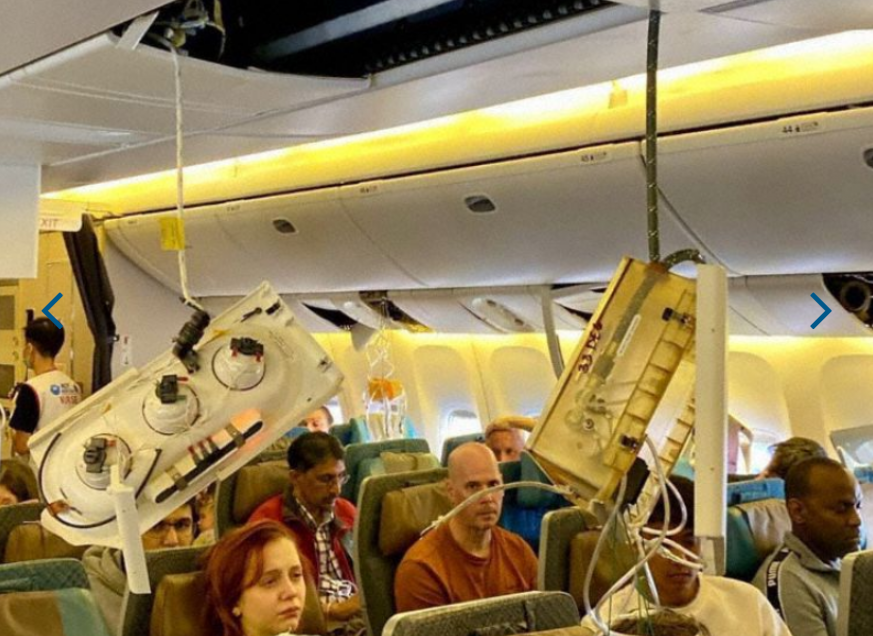[ad_1]
LONDON (Reuters) – Britain’s economy looks set for “steady but sluggish” growth over the coming months, according to a closely watched survey that showed businesses in sombre mood about their prospects ahead of Brexit.
The figures for the services sector added to signs that Britain’s economy is struggling for momentum after its slowest start to the year since 2012, and bolster the case for the Bank of England to keep interest rates on hold later on Thursday.
Nonetheless, sterling edged up to an 11-month high against the U.S. dollar after the survey, which came in a little stronger than expected.
The IHS Markit/CIPS services Purchasing Managers’ Index rose to 53.8 in July from June’s four-month low of 53.4, slightly above economists’ forecasts in a Reuters poll but below its long-run average.
The services PMI follows more upbeat numbers on Tuesday from the much smaller manufacturing sector, and weak construction figures on Wednesday.
Taken together, the data suggest the economy is growing at a “steady but sluggish” quarterly rate of 0.3 percent, the same as in the three months to June, according to IHS Markit.
While manufacturing exporters have gained from the fall in the pound since last year’s Brexit vote, Thursday’s survey showed consumer-facing businesses have been hurt by a reduction in demand due to stretched household budgets.
“The services PMI remains consistent with sub-par growth, despite its modest improvement in July, suggesting that the economy still isn’t strong enough to warrant higher interest rates,” said Samuel Tombs, economist at Pantheon Macroeconomics.
The longer-term outlook is also weak, with service-sector firms’ expectations for the year ahead stronger than in June but still among the weakest readings since late 2012.
“Firms’ prospects for the coming year have slipped to a level which has previously been indicative of the economy stalling or even contracting … largely reflecting heightened uncertainty about the economic outlook and Brexit process,” said Chris Williamson, IHS Markit’s chief business economist.
Three months ago the Bank of England predicted Britain’s economy would grow by 1.9 percent this year, similar to 2016, but it is widely expected to downgrade this when it updates its forecasts later on Thursday.
Nonetheless, a rise in inflation to a near four-year high — largely driven by the fall in the pound since last year’s referendum — has prompted a minority of BoE policymakers to call for a reversal of last year’s cut in interest rates.
Prime Minister Theresa May unexpectedly failed to win an outright majority in a parliamentary election in June, and with less than two years before Britain leaves the European Union, her party has yet to agree a clear set of negotiating goals.
On Tuesday, Britain’s biggest electrical retailer Dixons Carphone (DC.L) said the government was being insufficiently pragmatic and urgently needed to reach a deal with the EU on the future status of foreign workers in Britain.
IHS Markit said services companies hired staff last month at the fastest pace since January 2016 and that a number struggled to find suitably skilled staff.
Businesses’ costs picked up by the most since March and they also raised prices by more than average, raising the chance that June’s dip in consumer price inflation will prove temporary.
Additional reporting by Andy Bruce; Editing by Richard Balmforth
[ad_2]
Source link







Leave a Reply